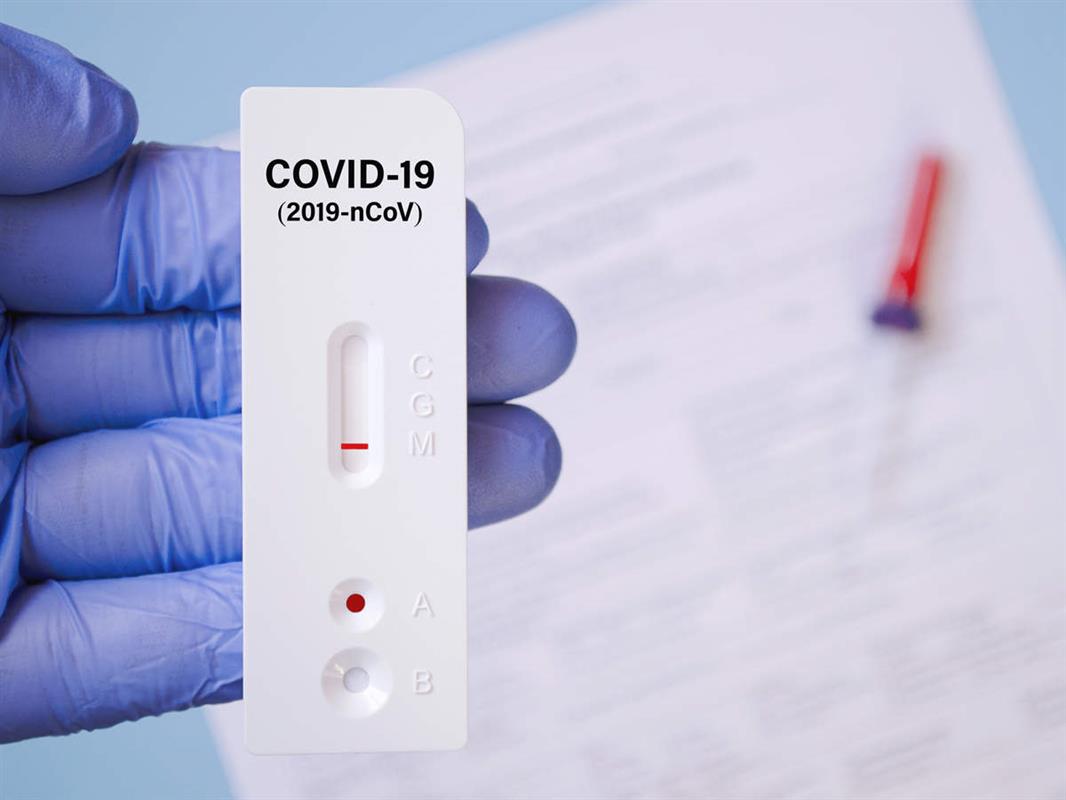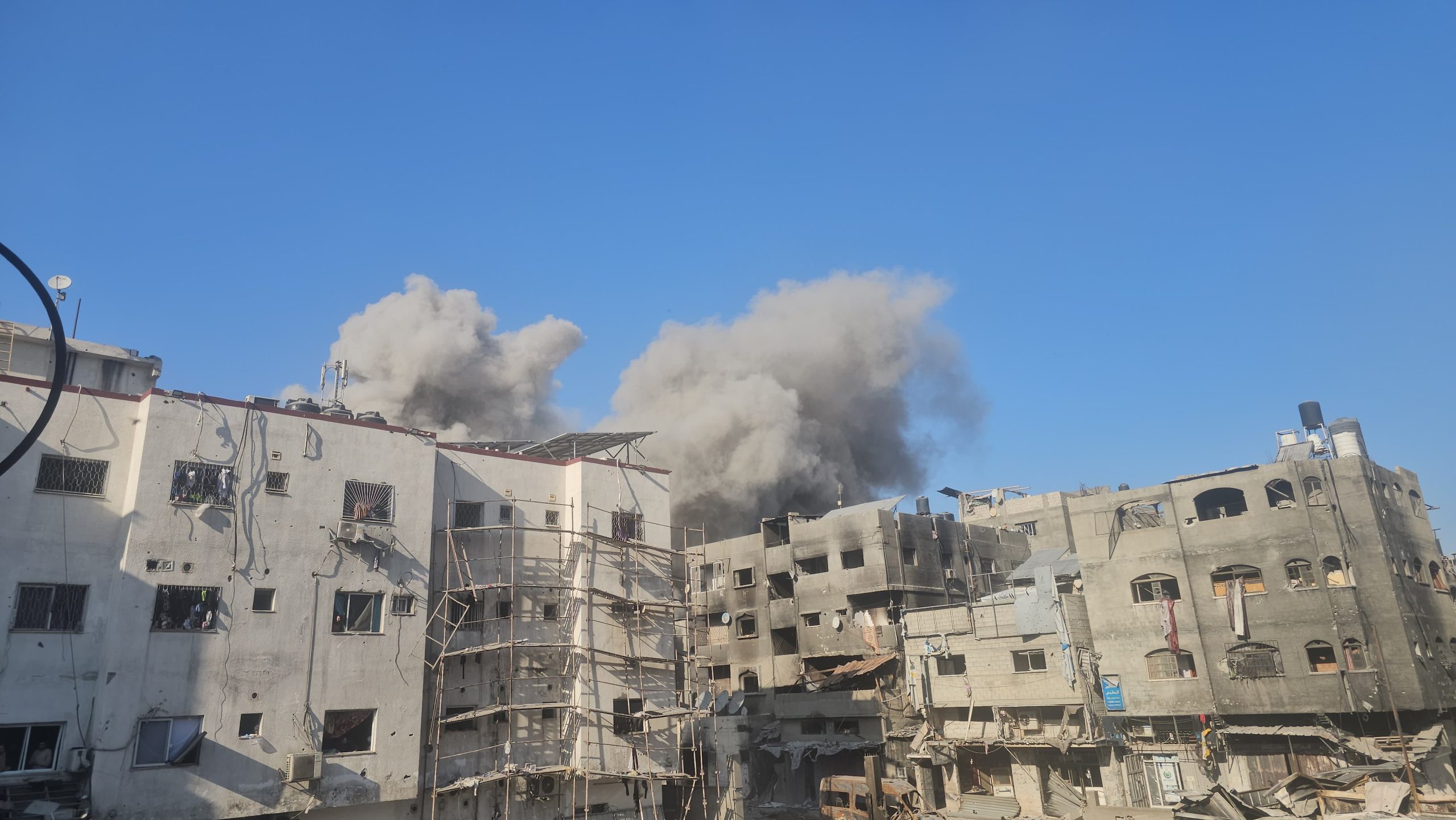Here’s everything you need to know about Covid-19 testing in Qatar.
With the third wave of coronavirus infections hitting Qatar by storm and thousands crowding testing facilities, the Ministry of Public Health [MOPH] has announced several new updates to its Covid-19 testing policies in an effort to control the outbreak.
After public demand, authorities have issued an official circular to all pharmacies specifying the maximum cost for Rapid Antigen Tests (RAT).
Per new regulations, pharmacies can charge a maximum of 35 Qatari Riyals for the Roche diagnostics GmbH tests while all other brands are not allowed to be sold for more than 25 riyals.
The decision appears to be in response to calls from people across Qatar who demanded the Ministry of Commerce and Industry [MOCI] takes action to halt the exploitation of some pharmacies who in recent days hiked up the prices of rapid antigen tests amid an apparent testing crisis in Qatar.
Meanwhile, the rapid antigen test has now been approved as a sufficient testing method for people under the age of 50 and have symptoms, people under 50 who have been in contact with an infected person, and returning travelers; provided the tests are done at a public or private clinic and not at home.
This means that returning travelers are only required to take an antigen test instead of a PCR, providing a more convenient way of testing to thousands of people while relieving some of the load off healthcare workers.
https://twitter.com/mophqatar/status/1478799859142561801?s=24
Pre-travel PCR
However, those traveling abroad and requiring a PCR test prior to departure can now only get it either at private clinics or at the new drive-through Lusail centre, which will be the only public health facility offering such tests.
The ministry has also stressed that those who tested positive on a rapid antigen test don’t need to undergo an additional PCR test, as the antigen provides an accurate examination for the detection of Covid-19. Rapid tests work by detecting protein fragments specific to the Coronavirus.
Turnaround time for results is usually very quick. If taken at a public hospital or health centre in Qatar, results are usually out within two hours of the test and the individual is informed through an SMS, the ministry added. Ehteraz then updates its status no later than 4 hours after the test.
Those over 50 who show symptoms or have been in contact with people infected with Covid-19 should seek to take a PCR test.
Meanwhile, those who came in close contact with an infected person but are asymptomatic and received the booster dose or the second dose of the Covid-19 vaccine within the past four months are not required to undergo any tests, but they can take one if they wish, the ministry stated.
Read also: PHCC cancels vacations for doctors as COVID numbers rise in Qatar
Qatar’s third wave
Qatar has been witnessing an alarming rise in Covid-19 cases over the past couple of weeks following the emergence of the fast-spreading Omicron variant.
The increase in cases also coincided with large public gatherings at major sporting and social events in Qatar including the FIFA Arab Cup.
On Wednesday, the MOPH recorded 2,273 cases, bumping up the total number of active cases to 10,419 after maintaining less than 1,000 before December. The last time Qatar witnessed cases above 2,000 was in May of last year, indicating a significant rise and a significantly powerful third wave.
In addition, around 446 people are currently under acute hospital care due to the virus, with an average of 40 people or more being administered a day. Currently, 35 people are in the ICU.
Skeptics believe the actual number of positive cases to be far higher since over 30 thousand people are getting tested per day. On Wednesday alone, 35,340 people got tested in Qatar.
Qatar announces new COVID restrictions – only vaccinated people allowed in malls
However, despite the spike in numbers, health officials state that the Gulf nation has not yet reached the peak of the third wave, indicating that numbers will continue to rise in the next weeks.
“We expect that the third wave will continue for several weeks and we have not reached its peak yet, and we expect to reach the peak in the coming weeks and record a large number of infections like the rest of the world,” said Dr. Abdullatif Al Khal, Chair of the National Health Strategic Group on COVID-19 and Head of Infectious Diseases at Hamad Medical Corporation (HMC).
The official added that the community must prepare for future waves and ‘unite’ to overcome this wave, adding that the restrictions imposed by authorities have saved many lives.
Al Khal assured the people that the majority of infections are moderate and only a few cases need medical care.
“The omicron variant is highly contagious, but its symptoms are between mild and moderate, and the demand for the third dose is increasing,” he said.
So far, more than 300,000 people have been given a booster shot in Qatar, with the vaccination rate increasing daily.







